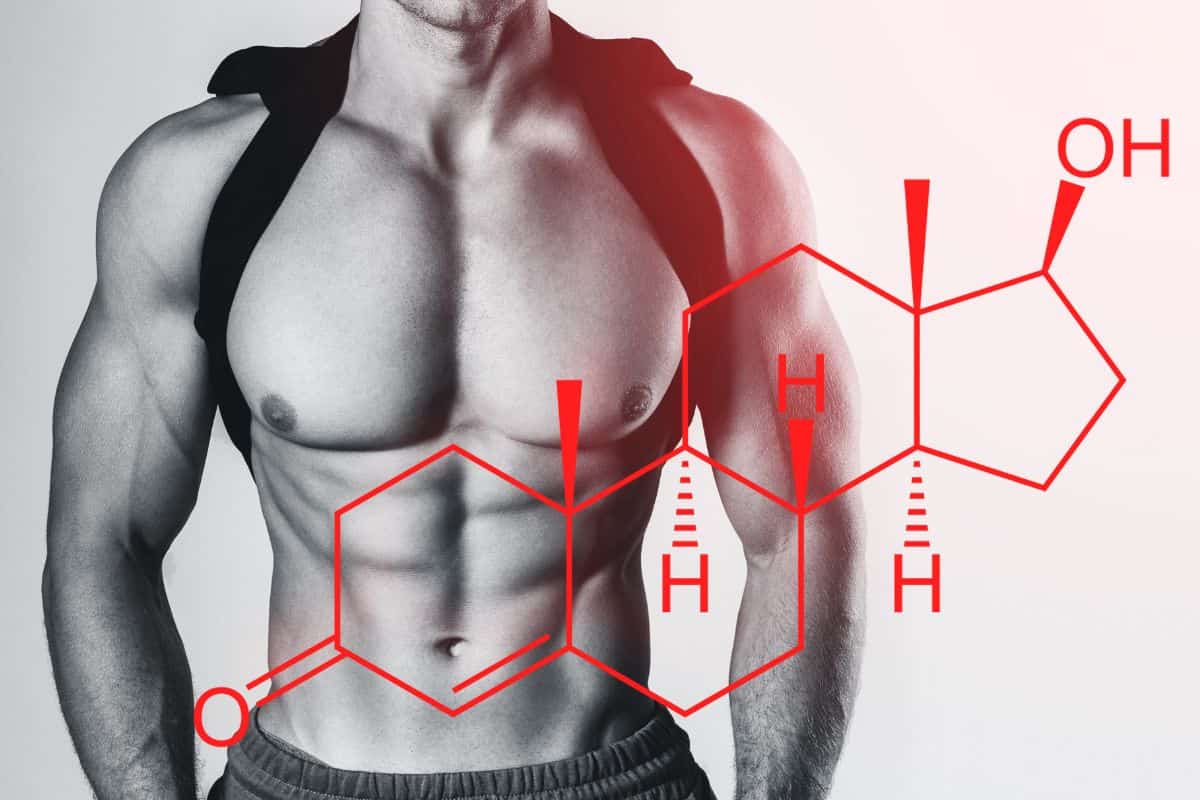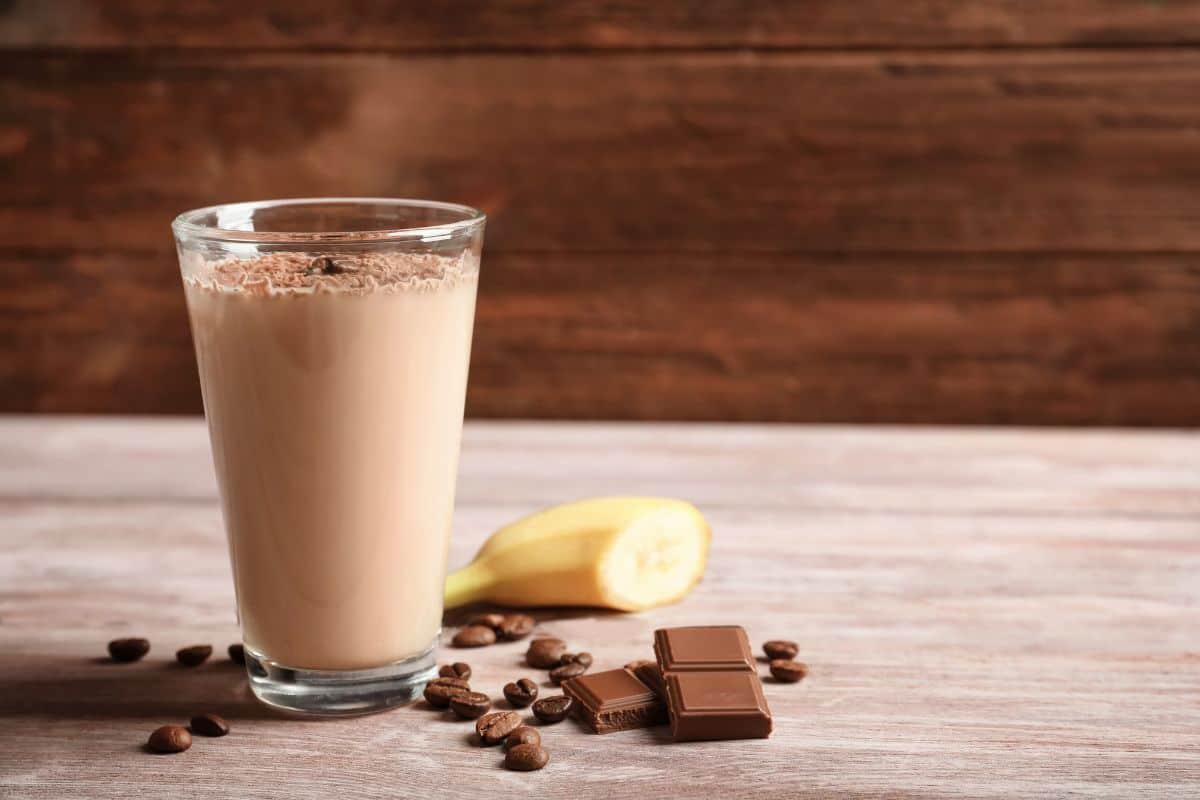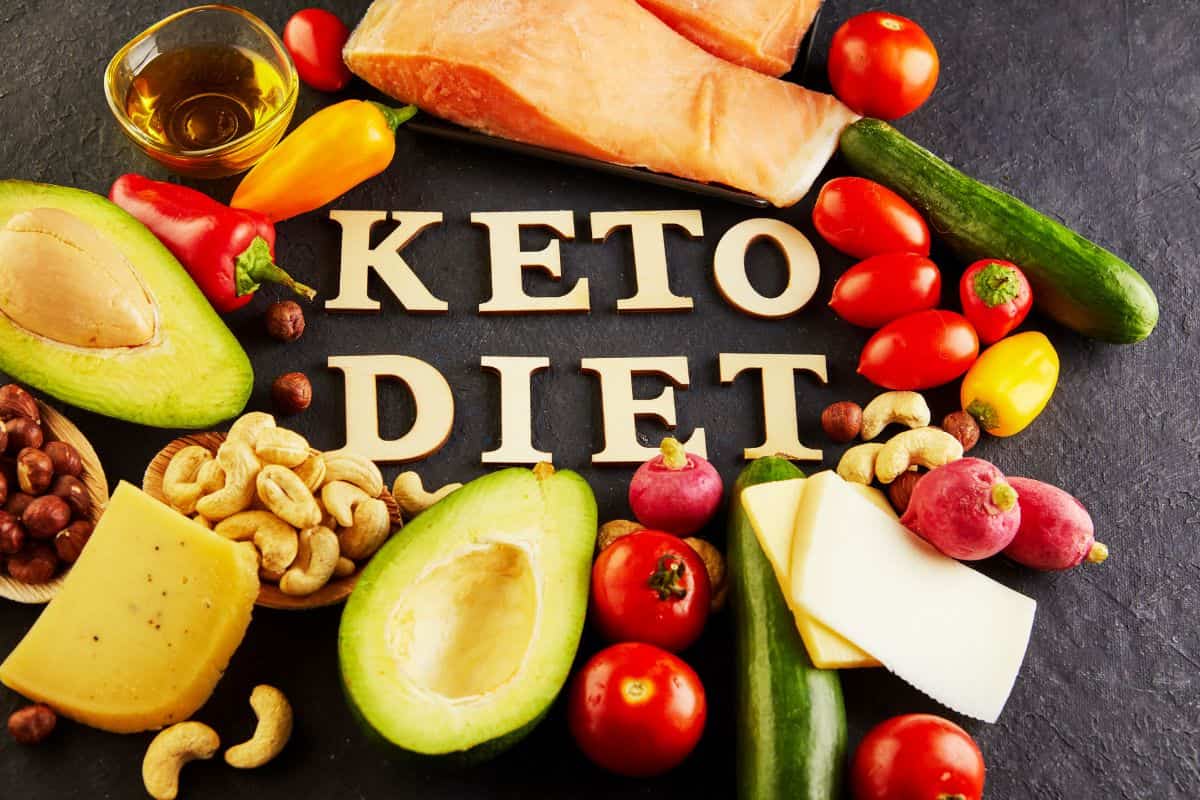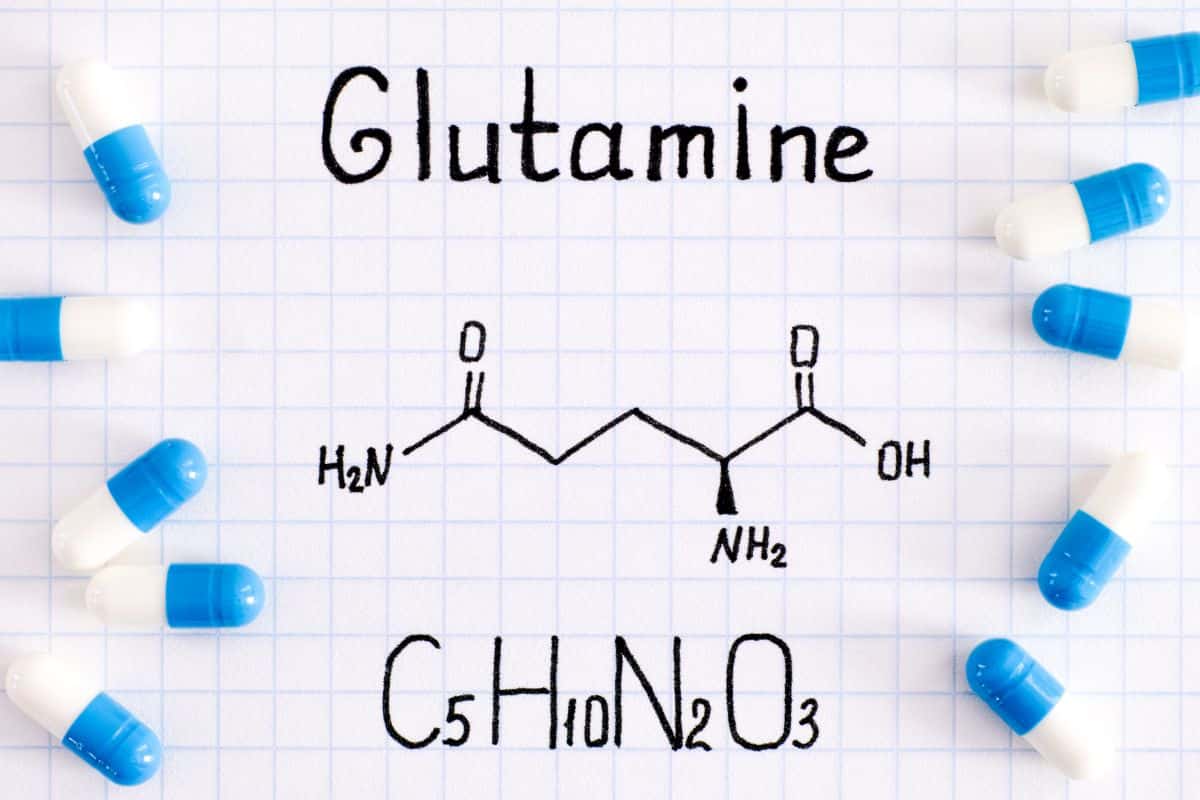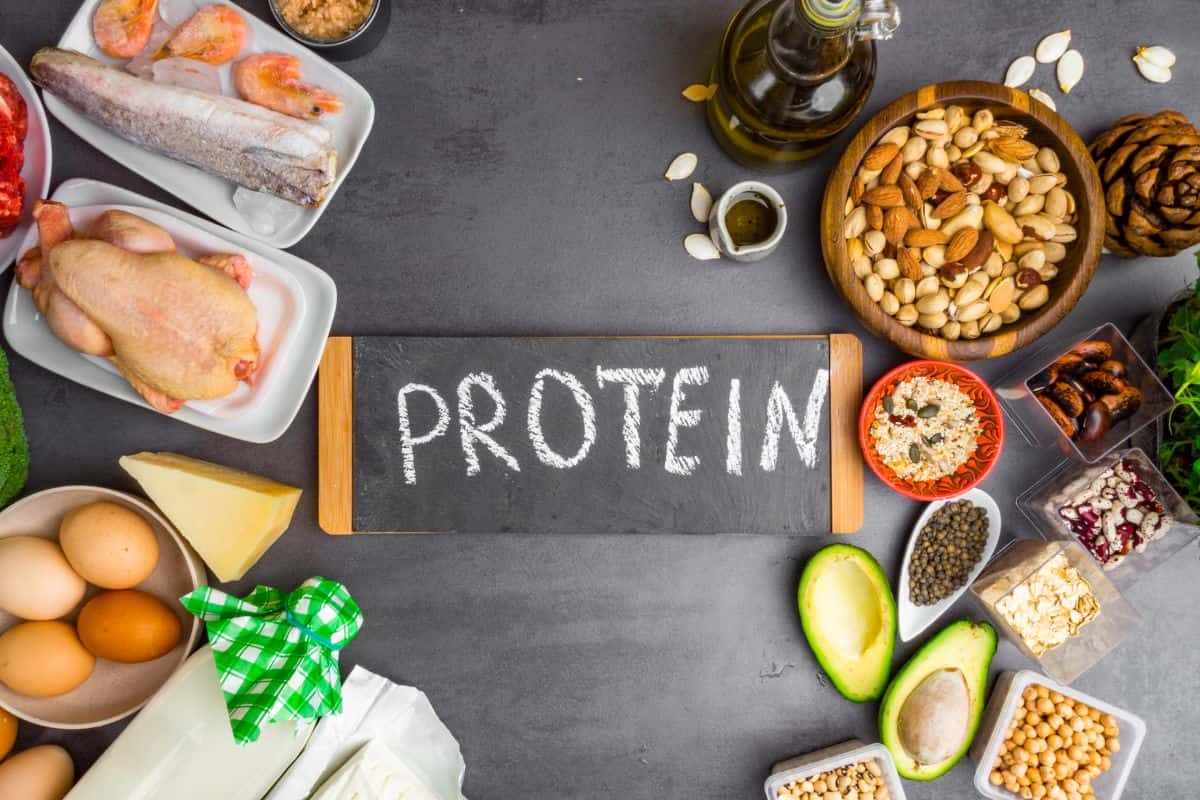Updated: 31 July 2023
In the world of fitness and bodybuilding, testosterone is considered the holy grail of hormones. It's an important player in the body's muscle building process, influencing everything from strength gains to recovery times. But what exactly is testosterone, and more importantly, how can you enhance your levels to optimise your muscle growth? This article aims to illuminate these questions, offering you practical, science-backed strategies to naturally increase your testosterone levels.
Understanding Testosterone
Testosterone is a steroid hormone produced primarily in the testes in men, and in smaller amounts in the ovaries in women. It belongs to a class of male hormones called androgens, also known as 'steroid hormones'. In men, testosterone production is regulated by a complex chain of signals that begins in the brain. This chain is called the hypothalamic-pituitary-gonadal (HPG) axis.
Testosterone plays a vital role in various bodily functions. Beyond its well-known role in male sexual development and function, it also contributes to secondary sexual characteristics such as the growth of body and facial hair, the deepening of the voice during puberty, and the development of the Adam's apple.
In the context of muscle growth, testosterone is a key player. It aids in the increase of muscle mass by enhancing muscle protein synthesis - the process by which the body uses consumed protein to build muscle. It also helps to prevent muscle breakdown, ensuring that your hard-earned gains are preserved.
Moreover, testosterone plays a significant role in bone health. It aids in the production of red blood cells and increases bone density, reducing the risk of weak bones and osteoporosis. It also has a profound effect on mood and mental health, with low levels often linked to fatigue, depression, and irritability.
Testosterone levels can vary greatly among individuals and are influenced by factors such as age, health status, and individual genetics. Levels naturally increase during puberty and young adulthood, but start to decline around the age of 30. This decline can lead to changes in sexual function, mood, and body composition, including reduced muscle mass.
Understanding how to optimise your testosterone levels can therefore have a significant impact on your muscle-building efforts and overall health.
Natural Ways to Boost Testosterone

Boosting your testosterone levels naturally is not only possible but can also lead to sustainable and long-term benefits. Here are some strategies that can help:
Regular Exercise and Weightlifting
Exercise is one of the most effective ways to prevent many lifestyle-related diseases, and it can also boost your testosterone. Research has shown that people who exercise regularly have higher testosterone levels. In the elderly, not only does exercise increase testosterone levels, but it also improves fitness and reaction time. New research in obese men suggests that increased physical activity was even more beneficial than a weight loss diet for increasing testosterone levels. Weightlifting and high-intensity interval training (HIIT) are the most effective forms of exercise to boost testosterone.
Adequate Sleep
Quality sleep has the same effect on testosterone levels as exercise. Poor sleep is associated with a decrease in testosterone. The amount of sleep varies from person to person, but one study found that sleeping only 5 hours per night was linked to a 15% reduction in testosterone levels. Long-term sleep restriction may decrease testosterone levels. Aim for 7-10 hours of sleep per night, depending on your individual needs.
Balanced Diet
What you eat has a major impact on testosterone as well as other hormone levels. Therefore, you must pay attention to your long-term calorie intake and diet strategy. Constant dieting or overeating may disrupt your testosterone levels. Eating enough protein can help maintain healthy levels and aid in fat loss, which is also associated with your testosterone. Carb intake also plays a role, with research showing carbs can help optimise testosterone levels during resistance training.
Stress Management
Long-term stress can elevate levels of the hormone cortisol, which quickly reduces testosterone. These hormones work in a seesaw-like manner: as cortisol levels unnaturally rise, testosterone levels decrease. Stress and high cortisol can also increase food intake, weight gain and the storage of harmful body fat around your organs. For optimal health and hormone levels, you should aim to reduce repetitive stressful situations in your life.
Vitamin D and Sunlight
Vitamin D is quickly becoming one of the world’s most popular vitamins. Research has shown that it has various health benefits, and may also work as a natural testosterone booster. Despite its importance, nearly half of the US population is deficient in vitamin D, and an even higher percentage has sub-optimal levels. A 12-month study found that supplementing with around 3,000 IU of vitamin D3 per day increased testosterone levels by around 25%.
Testosterone-Boosting Foods

Diet plays a pivotal role in maintaining optimal testosterone levels. Certain foods are not only nutritious but can also help increase testosterone levels. Here are some foods that can help boost your testosterone:
- Tuna: Tuna is rich in vitamin D, which has been linked to a longer life and testosterone production. It's also a heart-healthy, protein-rich food that's low in calories. Whether you choose canned or fresh, eating this fish can be a natural way of boosting testosterone.
- Low-fat milk with vitamin D: Milk is a great source of protein and calcium. Children and women are encouraged to drink milk for better bone health, but milk can also keep men's bones strong too. The vitamin D content may also keep testosterone levels in check.
- Egg yolks: Egg yolks are another rich source of vitamin D. While cholesterol has a bad reputation, egg yolk contains more nutrients than egg whites. The cholesterol of egg yolks may even help low testosterone. As long as you don't have any pre-existing cholesterol issues, you can safely eat one egg per day.
- Fortified cereals: Certain brands of cereals are fortified with vitamin D, not to mention other heart-healthy nutrients. Consider incorporating fortified cereals into your breakfast routine to jump-start your day and your testosterone levels.
- Oysters: Zinc is an essential nutrient during puberty, and its effects can keep male hormones in check throughout adulthood. Men who have low testosterone benefit from increasing their zinc intake if they also have zinc deficiencies. Oysters are a good source of zinc.
- Shellfish: An occasional serving of crab or lobster may do your testosterone levels a favour. This is thanks in part to the zinc content in these seafood favourites.
- Beans: When it comes to male hormone health, beans may offer more benefits than you think. White, kidney, and black beans are all considered sources of vitamin D and zinc. Baked beans also offer these nutrients, but you'll need additional sources in your daily diet.
Testosterone Boosting Supplements
Supplements can be a valuable addition to a balanced diet and healthy lifestyle when it comes to boosting testosterone levels. Here are some testosterone boosting supplements that have been scientifically shown to potentially increase testosterone levels:
D-Aspartic Acid: D-Aspartic acid is a natural amino acid that can boost low testosterone levels. Research suggests that it works by increasing follicle-stimulating hormone and luteinising hormone, which are key hormones for testosterone production.
Vitamin D: As mentioned earlier, Vitamin D is a fat-soluble vitamin produced in the skin when exposed to sunlight. It functions like a steroid hormone in the body. Studies show that people with sufficient vitamin D levels have higher testosterone levels than those with vitamin D deficiency.
Tribulus Terrestris: Tribulus Terrestris is a herb that has been used for centuries in herbal medicine. Studies show it might improve libido in men and women, and it could also slightly increase testosterone levels in men.
Fenugreek: Fenugreek is another popular herb-based testosterone booster. Some research suggests it may work by reducing the enzymes that convert testosterone into estrogen.
Ginger: Ginger can potentially increase testosterone levels and sperm count in infertile men. Effects on healthy humans need to be studied more.
DHEA: Dehydroepiandrosterone (DHEA) is a naturally occurring hormone that can be converted into both testosterone and estrogen in the body. Studies show that taking DHEA can slightly increase testosterone levels in middle-aged men.
Zinc: Zinc is an essential mineral that has a variety of benefits, including boosting your immune system, aiding in protein synthesis, and improving brain function. It's also been shown to increase testosterone in athletes and those who are deficient in zinc.
Ashwagandha: Ashwagandha is a herb used in Indian Ayurvedic medicine that has been shown to increase testosterone levels. It also helps to reduce stress and anxiety, improve brain function, and even boost fertility and reproductive health in men.
Tongkat Ali: Also known as longjack or Eurycoma longifolia, Tongkat Ali is a plant native to Southeast Asia. It's been traditionally used to boost male fertility and treat low testosterone. Recent studies support its use as a natural testosterone booster.
Avena Sativa: Commonly known as the wild oat, Avena Sativa is another natural supplement that's been suggested to boost testosterone levels. It's believed to work by freeing up testosterone that's attached to proteins in the body.
Remember, it's essential to consult with your healthcare provider before starting any new supplement regimen, especially if you're currently taking any medications or have any health concerns.
Conclusion
Understanding the role of testosterone in muscle growth is a game-changer for anyone serious about their fitness journey. From the foods we eat to the lifestyle choices we make, many factors can influence our testosterone levels. By implementing the strategies discussed in this article, you can naturally boost your testosterone levels, optimising your body's muscle-building potential.
Remember, regular exercise, especially weightlifting, can significantly boost your testosterone levels. Adequate sleep and a balanced diet rich in protein, healthy fats, and carbs are also crucial. Managing stress, getting enough sunlight or vitamin D, and considering testosterone-boosting supplements can further enhance your testosterone levels.
Incorporate testosterone-boosting foods into your diet, such as tuna, milk, egg yolks, fortified cereals, oysters, shellfish, and beans. If you're considering supplements, D-Aspartic Acid, Vitamin D, Tribulus Terrestris, Fenugreek, Ginger, DHEA, Zinc, Ashwagandha, Tongkat Ali, and Avena Sativa are all worth considering.
However, it's essential to consult with a healthcare provider before starting any new supplement regimen. They can provide guidance based on your individual health needs and goals.
By taking these steps to boost your testosterone levels, you're not just enhancing your ability to build muscle. You're also contributing to better overall health, paving the way for a stronger, healthier you.
We hope this article has provided valuable insights into the powerful role of testosterone in muscle growth. Now, it's over to you to power up your workouts and maximise your muscle gains.

